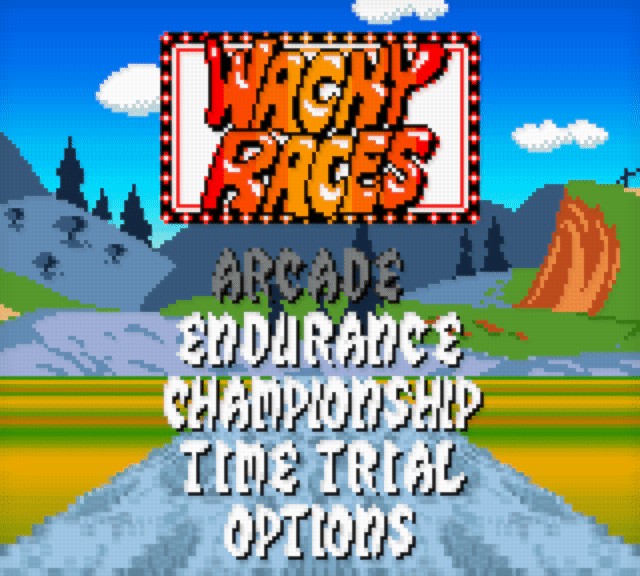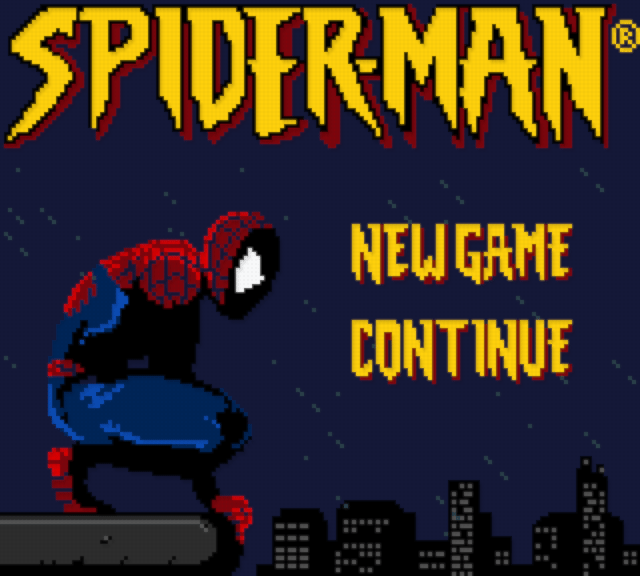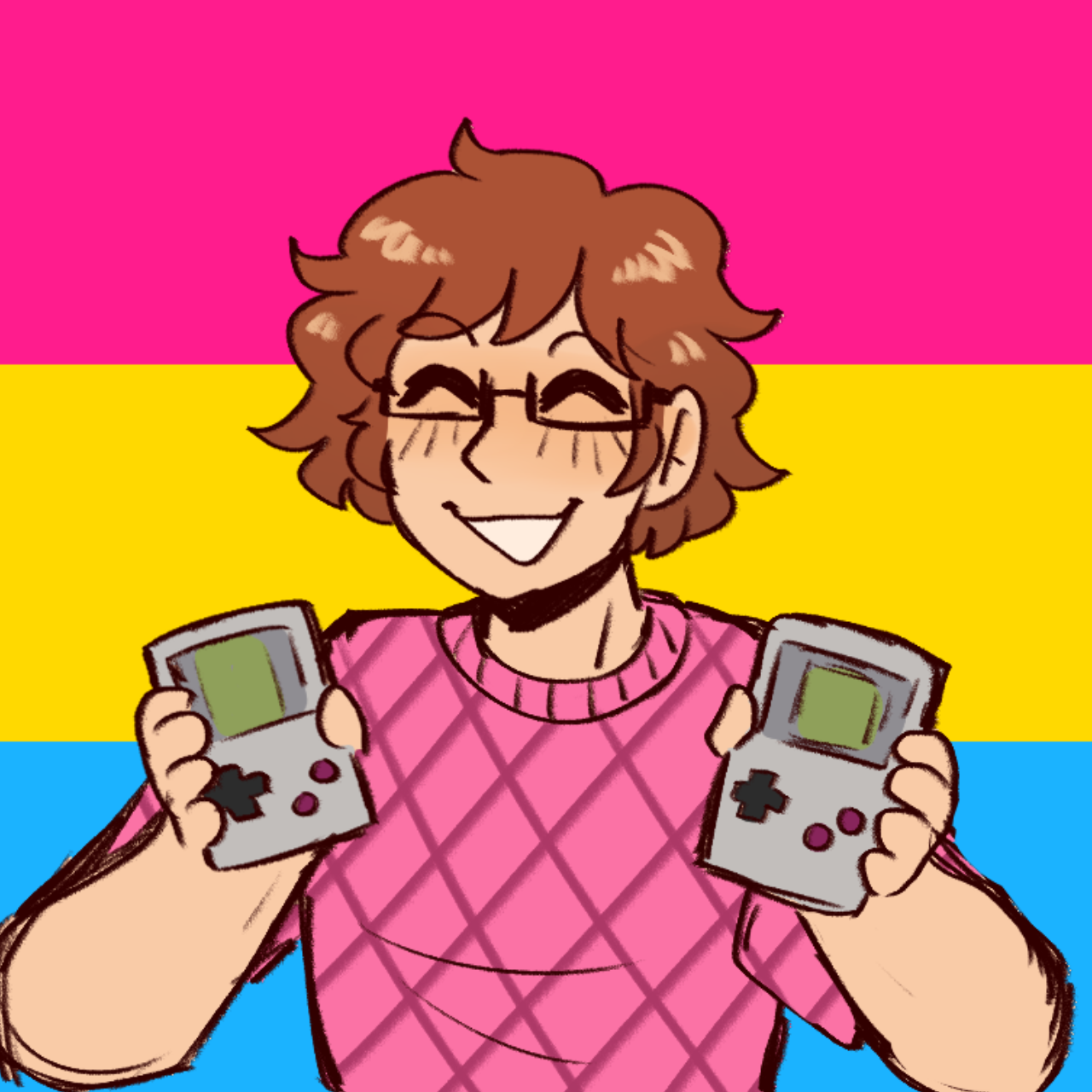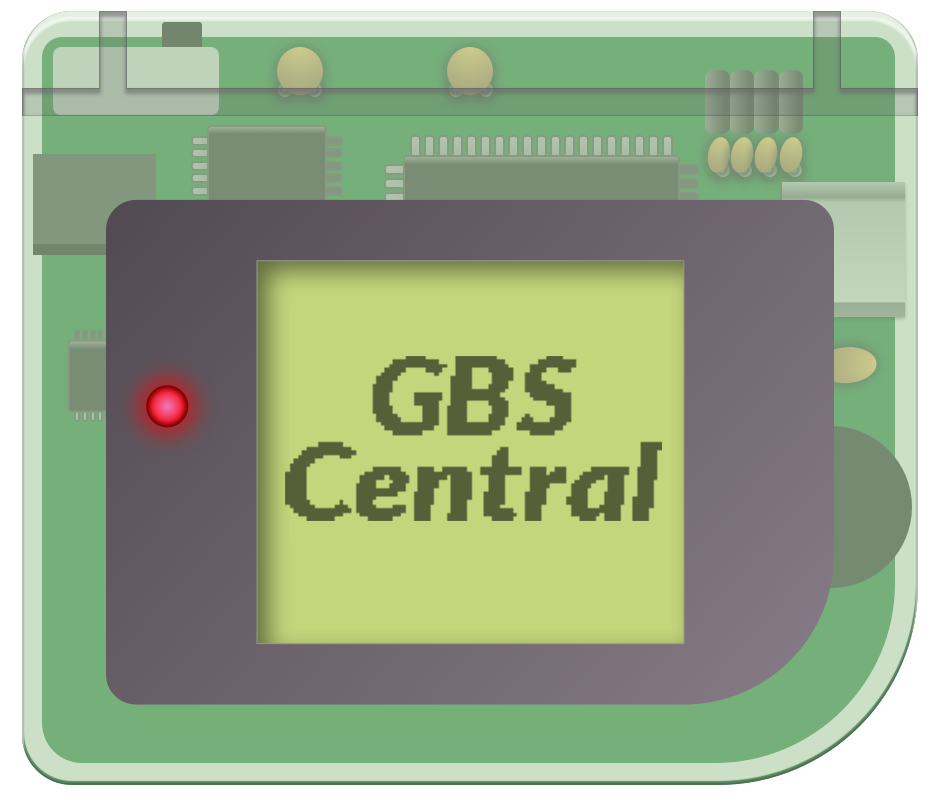Manfred Linzner (Known as Pink in the demoscene) is a video game composer and programmer from Munich, Germany. Since the nineties he’s been working in the industry as a part of Shin’en Multimedia, which included a short but fruitful run with Game Boy Color games, scoring a dozen or so from the last years of the system. We asked Manfred a few questions regarding this part of his life and his general composing experience.
You’ve mentioned before that you got your start on computer music through the Commodore 64. Is there anything that “sparked” your interest specifically? What was the lineage from there to forming part of Shin’en?
I remember playing the C64 game “Krackout” at a friend’s place. I was 13 or 14 at that time. One of the songs in the game was extremely motivating and uplifting. I hummed it all day. At this pointI decided to learn how to make such music myself. I didn’t know anything about composing or music at this time but from there I tried all music programs I could get into my hands. First on the C64 and then later on the Amiga 500. Together with some local guys I later made small demos for the Amiga, so we knew the tech quite well. The Amiga sound chip was only able to play samples, so I missed the great dynamic synth sounds I was able to get out of the C64 SID chip. So one of the demo group members and I wrote a new music editor that allowed us to make C64-like music on the Amiga. Later we modified that tool (which was called AHX) to allow to also make music for the Gameboy and we called it GHX.

GHX seems to have been extremely capable going off your work and the mere size the game music and sound takes up (only 16KB). What limitations did this and the Game Boy’s sound chip as a whole bring to you?
I didn’t feel limited because GHX had a lot of possibilities. With detailed sound programming and the use of custom voices in the wave channel, you could achieve a lot of different timbres and effects. As we also had arpeggio support (which most Game Boy music drivers didn’t support) you could make music almost like on the more advanced C64 sound chip (which was our benchmark).
What was your workflow for Game Boy music during its commercial life? The page in Shin’en’s website about your GHX Sound Engine mentions “numerous import filters.”
We could import different music formats (like ProTracker etc.) but this was only very rarely used in the end.
What was the connection between you and the game’s developers like? How were you given soundtrack projects? Were you given a simple explanation of the game or something more elaborate such as a build of the game to try out?
Usually I only got very brief textual descriptions of the game and the needed music. In very few cases I saw the actual game before I created the music for it and even got intermediate builds containing the latest music and sfx. This extra feedback improved the final result of course a lot. For instance, Fernando Velez (one of the best Game Boy coders), who is unfortunately deceased, shared his builds this way.

How often did you write original music compared to being given music by the game’s developer?
Most of the music was original. In only a few cases I made covers of existing music. I remember doing a nice cover of the Spiderman TV series theme song, but I think the developers finally weren’t able to use it because of licensing issues.

You seem to still be working as a composer for a few modern titles, how does your current workflow compare to what you did 20-odd years ago on the Game Boy?
For our games at Shin’en I work also as audio director. In a few cases I add a song or create some sound fx, but besides that I stopped doing game music and went back to making music only for fun.
Nowadays people are still developing games for the Game Boy, with tools both old and new, the main goal of our website is teaching people the ropes of game development and specifically, how GB Studio works. Have you heard about GB Studio? What are your thoughts on it?
Yeah, my son even tried it out some weeks before. A lot of thought and good ideas went into it! My son liked it, but was looking for the ability to do pixel artwork within the tool, and to make levels out of tilesets, if you want some feedback 🙂
Any last tips or comments for Game Boy composers?
I think the best gameboy music was technically lean but musically very touching. So keep it simple!
As mentioned, you can find Manfred and Shin’en’s other works at the company’s website, I’ve also compiled most of Manfred’s Game Boy work as a Youtube playlist, enjoy!

Chiptune goblin, programmer, freelancing composer and #1 Game Boy enthusiast.
(She/Her/They)

